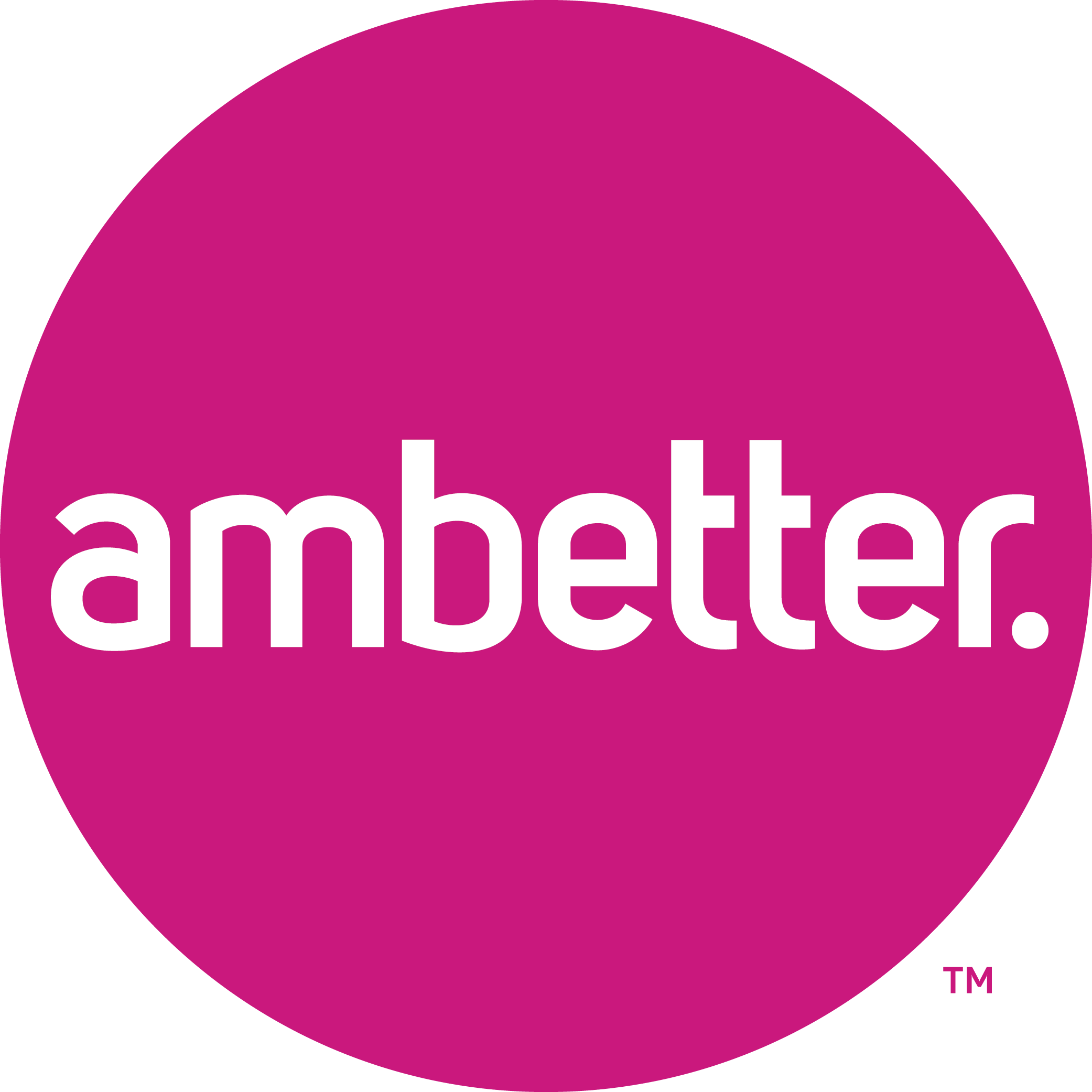Available at:
In the evolving landscape of mental health treatment, innovative approaches are emerging to provide accessible and effective interventions. Among these, Trauma-Focused Cognitive Behavioral Therapy stands out as a proven method for addressing the impact of traumatic experiences on individuals' mental well-being. Banyan Treatment Centers Telehealth, a leading provider of mental health services, has recognized the importance of making quality care available to a broader audience. In line with this commitment, we offer a virtual TF-CBT program, leveraging technology to deliver evidence-based therapeutic interventions that can be accessed remotely. Available in Florida, Pennsylvania, Delaware, Illinois, California, Mississippi, Alabama, Texas, Alaska, New Hampshire, and Massachusetts, this virtual platform expands the reach of TF-CBT, ensuring that individuals facing the effects of trauma can benefit from specialized care, regardless of geographical constraints.
What Is Trauma-Focused Cognitive Behavioral Therapy?
Trauma-Focused Cognitive Behavioral Therapy (TF-CBT) is an evidence-based therapeutic technique that aims to assist people who have been through traumatic events. Using concepts from other therapeutic modalities, this particular type of cognitive-behavioral therapy is tailored to meet the specific requirements of those who have experienced trauma. The foundation of TF-CBT is the knowledge that traumatic events can have a significant influence on a person's feelings, ideas, and actions. In addition to teaching coping mechanisms to lessen the emotional pain brought on by traumatic memories, therapy attempts to help patients analyze and make sense of their experiences.
The emphasis on collaboration between the therapist and the client, as well as the client's family when appropriate, is one of the main characteristics of TF-CBT. When using TF-CBT, therapists assist clients in recognizing and challenging harmful thought patterns and beliefs that are a result of the trauma. In order to promote recovery, the therapy also includes components like stress reduction, relaxation techniques, and progressive exposure to memories associated with trauma. TF-CBT helps people manage the aftermath of upsetting experiences by addressing both the cognitive and behavioral aspects of trauma, which builds resilience and aids in recovery.
Trauma-Focused Cognitive Behavioral Therapy Techniques
A variety of approaches are employed in Trauma-Focused Cognitive Behavioral Therapy (TF-CBT), which is designed to meet the unique requirements of people who have suffered trauma. These methods are intended to support clients in managing distressing emotions, processing traumatic experiences, and creating adaptive coping mechanisms. TF-CBT employs several key strategies, including:
- Psychoeducation: Therapists provide clients with information about the impact of trauma on mental health, normalizing their responses and helping them understand the connection between thoughts, feelings, and behaviors.
- Cognitive restructuring: This involves identifying and challenging negative thought patterns related to the traumatic experience. Clients learn to reframe distorted beliefs and develop more balanced and realistic perspectives.
- Exposure: Gradual and controlled exposure to trauma-related memories allows individuals to confront and process their emotions in a safe, therapeutic environment. This technique helps reduce avoidance and desensitize the emotional impact of the trauma.
- Relaxation techniques: Teaching clients relaxation skills, such as deep breathing and progressive muscle relaxation, helps manage anxiety and arousal levels associated with traumatic memories.
- Safety and coping skills: TF-CBT emphasizes the development of practical coping strategies to deal with stressors. This includes creating a safety plan, identifying support systems, and building skills to manage emotional distress.
Incorporating these techniques, TF-CBT aims to provide a comprehensive and structured approach to healing from trauma. By combining cognitive and behavioral strategies, this therapy empowers individuals to navigate the complex emotions and challenges that may arise in the aftermath of traumatic experiences, fostering a path toward recovery and resilience. If you feel that this is a beneficial treatment avenue for you or your loved one, call our Telehealth rehab center at 888-280-4763 to learn more information.
Online TF-CBT You Can Trust With Banyan Telehealth
By embracing the possibilities of telehealth treatment, Banyan not only ensures accessibility to quality mental health services but also creates a trustworthy and effective platform for individuals seeking support in overcoming the aftermath of trauma. The virtual TF-CBT program stands as a testament to our organization's dedication to leveraging technology for the betterment of mental health, fostering healing and resilience in the comfort of one's environment.
Moreover, Banyan Treatment Centers recognizes the unique needs of our veterans who may have experienced trauma during their service. Through our comprehensive veterans program, we extend specialized support, including access to our virtual mental health programs. This commitment to addressing the specific challenges faced by veterans highlights our understanding of the diverse nature of trauma and the importance of tailoring interventions to individual experiences. Banyan's virtual TF-CBT, coupled with our veterans program, underscores our mission to provide inclusive and trustworthy mental health solutions that cater to the varied needs of those seeking healing and restoration.
Contact us today to learn more about our various telehealth programs and verify your benefits to ensure you are covered.
Related Reading:
Other Treatment Options
Most Insurance Plans Accepted
At Banyan Treatment Center our goal is to make sure that anyone who needs treatment from drug and alcohol addiction are able to get the help needed to assist them on the road to recovery. If you don't have insurance contact us to inquire about alternate methods regarding treatment for yourself or a loved one.

































